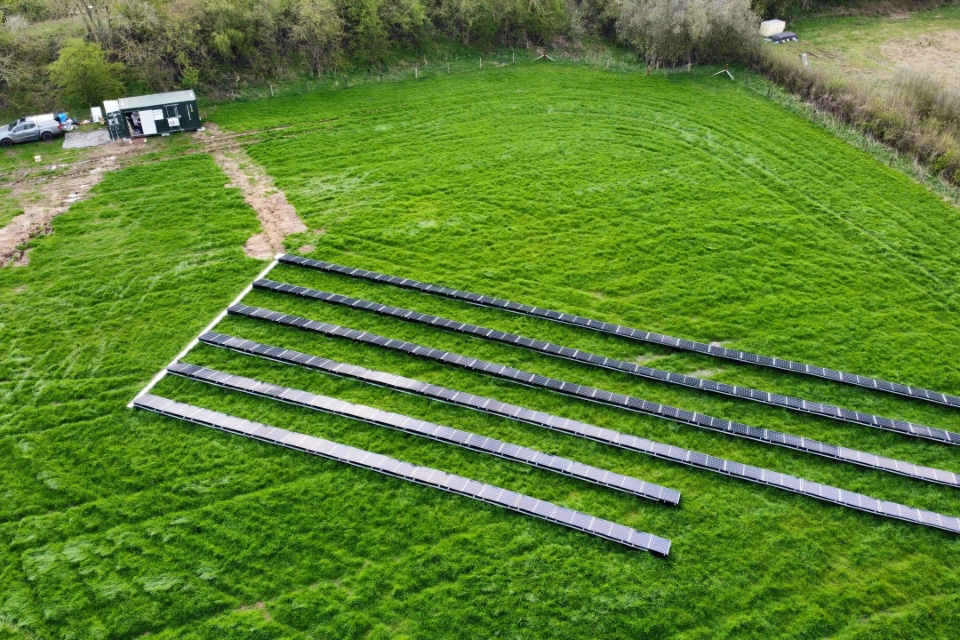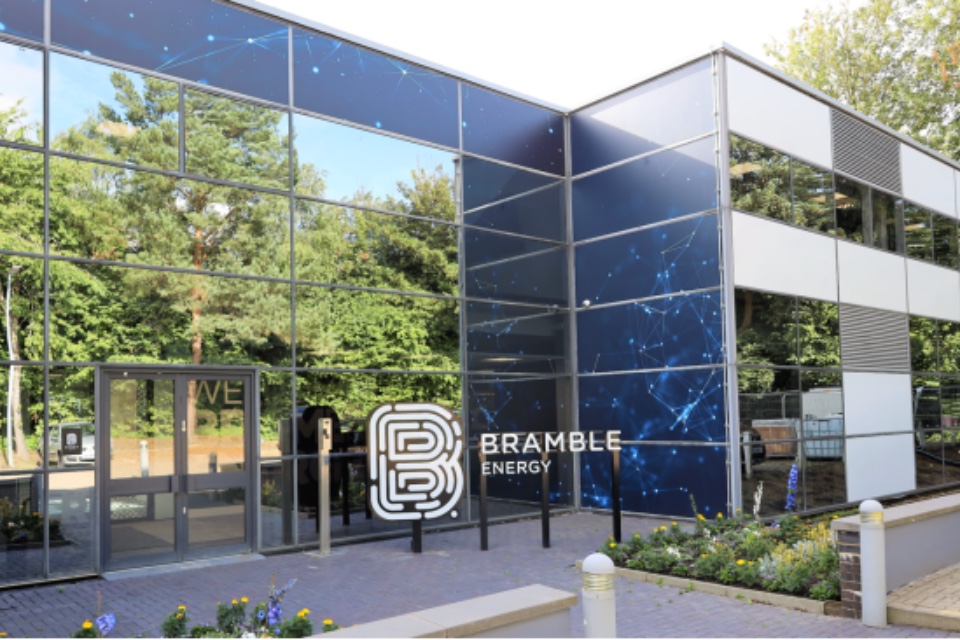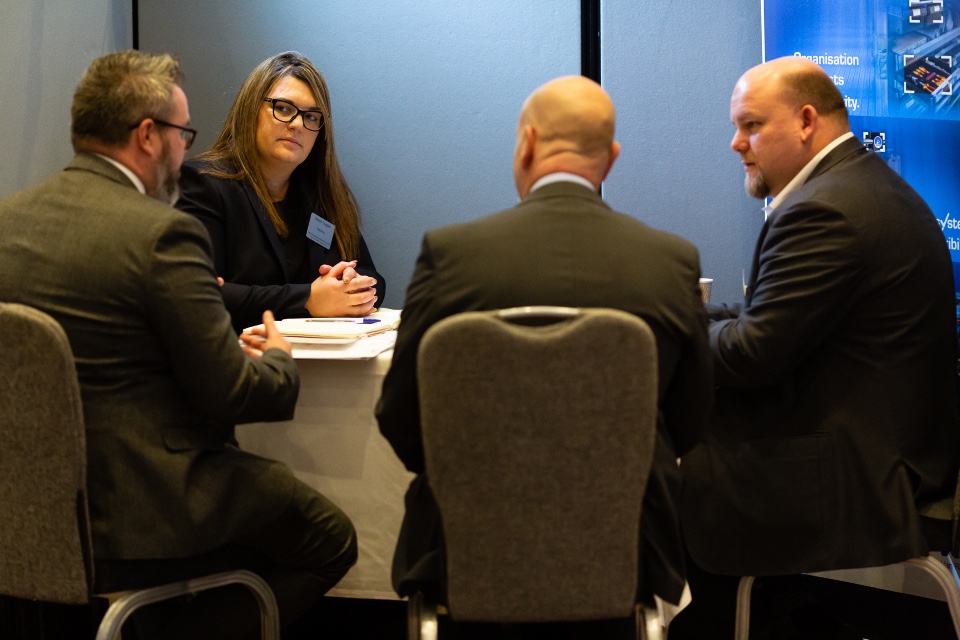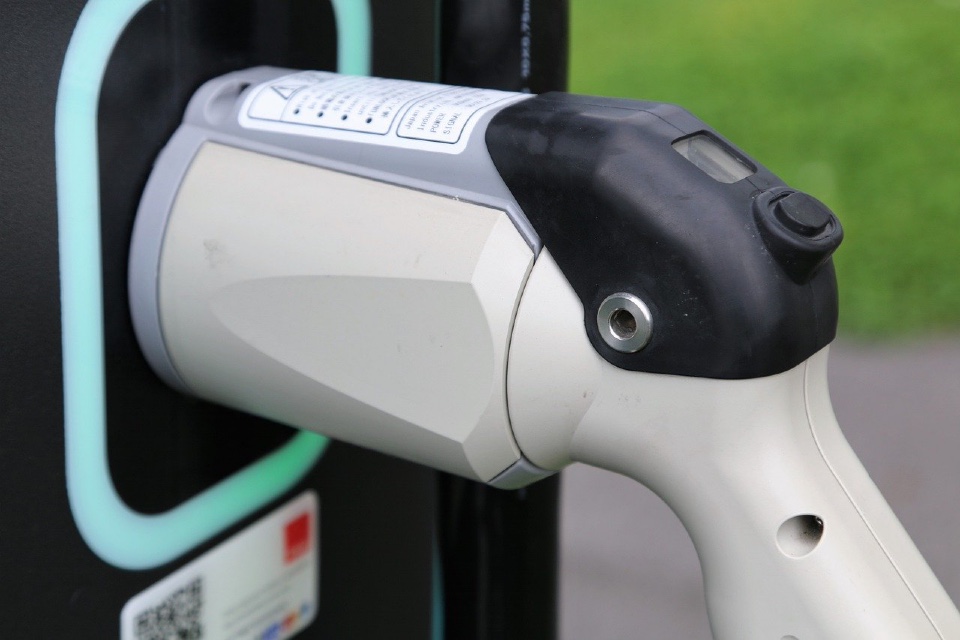Green holidays: Demand for sustainable power supply in tourism is increasing
https://energymanagementsummit.co.uk/wp-content/uploads/2023/08/Green-holidays.jpg 960 640 Stuart O'Brien Stuart O'Brien https://secure.gravatar.com/avatar/81af0597d5c9bfe2231f1397b411745a?s=96&d=mm&r=gThe holiday resort Hideaway @ Baxby Manor near York planned to expand their range of accommodations with the addition of several fully equipped holiday “Kabinas”. In the planning phase however, it became apparent that the limits of its 60A single phase grid-supply had been reached already. As the owners aim to offer eco-friendly holiday accommodations, they decided to complement the power supply with a 52kW solar array and a BYD Battery-Box energy storage system with 120kWh capacity.
This worked so well that today, most of the resort’s energy demand can be covered with renewable energy, while the grid power is used as a backup. This way the new “Glamping” accommodations do not only provide comfort and a bit of luxury but do this in a more sustainable way, as this Case Study explains…
More and more holidaymakers are looking a way to reconnect with nature and for eco-friendly accommodations. But rustic camping in tents is not for everyone – especially if the weather is too hot or the one-week holiday includes four days of rain. Since its opening ten years ago the Hidaway has been expanding the choice of accommodations. The campsite for tents and campervans was complemented by fairy-tale like wooden cabins that look like Hobbit-homes or tree houses.
They offer a range of amenities – from simple wood-burners to fully equipped kitchens. The new addition of several wooden cabins (Kabinas) come complete with kitchens, showers, lighting, air to air heat pumps and hot tubs. At this point camping definitely becomes “Glamping” and holidaymakers can enjoy nature while not having to forego the amenities of a modern holiday home.
When grid-power is not sufficient
Campsites usually need a power supply for campervans, joint bathrooms and often for a café, restaurant, or community room. Additional power-supply is needed for holiday cabins with individual kitchens and bathrooms. When the owners of the Hideaway decided to build three fully equipped new holiday cabins in late 2022, it became apparent that the 60A single phase grid-supply would not be able to cover the additional power demand. However, the cost to increase the grid connection capacity to this rural location would have been very expensive. Another consideration was to keep their site as eco-friendly as possible – even with a higher standard of amenities. Therefore, the owners started to explore options to supplement the grid power-supply with a renewable energy solution.
Together with renewable energy specialist Vero Power the Hideaway owners found the perfect solution: a 52kW pv system in combination with a 120kWh energy storage solution implemented with eight BYD Battery-Box systems. The new solution can not only cover the additional energy demand for the new accommodations but is able to cover the bulk of the resort’s power requirements with green energy. The existing 60A grid supply (8kW max draw) is utilised as a backup battery charger during times of poor solar yield, through a dedicated battery charger.
Solar power now covers 90 % of the energy supply
An array of ballasted tray ground mount photovoltaic systems are hidden behind a line of trees. Tucked away in the shadow of the trees is a container housing the energy management equipment, the eight 15kWh BYD Battery Box LVL battery storage systems, and four Victron 15kVA Quattro inverters with a single-phase configuration, controlled by a Victron Cerbo communication platform.
The system was installed in March 2023 despite the snowy condition in the north of the UK. In the first three months of operation, since the 29th of March 2023, the system has generated 12,408kWh of energy. Only around 10 % of the energy consumption (1,448kWh) has been drawn from the grid to top up the batteries.
“The Baxby Manor team has not only solved their short-term energy needs but also ´future-proofed´ their system. While in the past PV in combination with energy storage was often used as a backup for grid power, this example shows that the concept can also work the other way around”, explains Alvaro Garcia, Commercial Director, EFT Systems, European service partner of BYD Battery-Box. “I believe that being able to camp in a sustainable way is only going to make The Hideaway an even more attractive destination. By choosing a solution with a modular structure such as the BYD Battery-Box LVL, which is scalable at any time, electricity and storage capacity can be seamlessly expanded as demand increases, which would have been unthinkable with an expansion of the grid supply.”
“We have seen a dramatic increase in demand from customers across sector but particularly within the tourism and leisure sector such as holiday park and campsite operators look at ways to move to a more sustainable source of power for their business, whilst mitigating the extraordinarily high cost of grid energy”, said Craig Morgan, Chief Commercial Officer at Vero Power. “We are proud to be continuing our partnership with BYD in this installation. Their continued support, market leading technology and dedication to work with us hand in hand to ensure project success has been second to none. It is easy to see why they have been voted the ’Top Brand PV Storage’ again in 2023.”
Today holidaymaker arriving at the Hideaway will see children racing across the meadow, while parents are relaxing with a cool drink in front of Hobbit-like wooden cabins or families enjoying a hot tub bath after an exciting day of hiking and enjoying the great outdoors.











